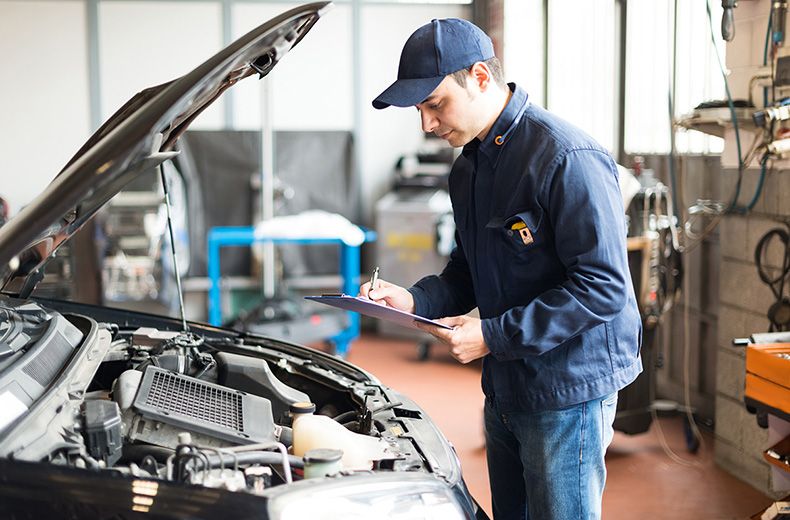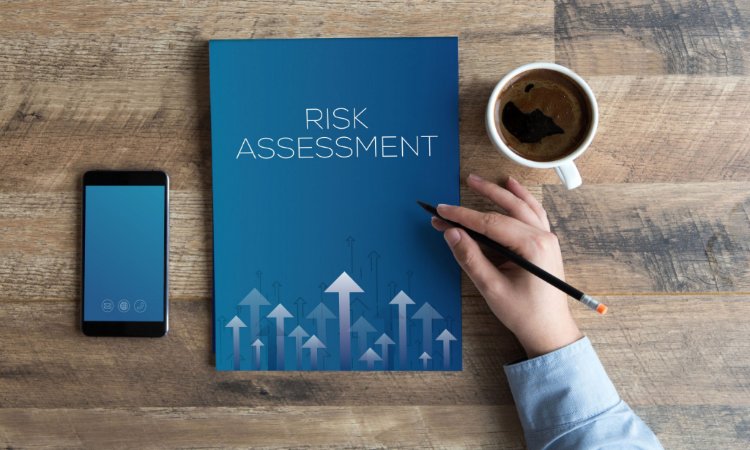When owning or buying a vehicle, staying on top of your car’s MOT and tax history is not just a legal requirement but also crucial for ensuring the safety and efficiency of your vehicle. The UK’s Driver and Vehicle Licensing Agency (DVLA) has made it easy to access this information online, providing peace of mind for motorists. This article will guide you through checking your vehicle’s MOT and car tax history, explain the importance of maintaining a valid MOT certificate, and offer some insights on how to contact the DVLA for further assistance.
Why Checking MOT and Car Tax History is Important
Before delving into the steps, it’s important to understand why regularly checking your MOT and car tax history is crucial. The MOT test (Ministry of Transport) ensures that vehicles meet the minimum safety and environmental standards. It’s a legal requirement for cars over three years old in the UK to undergo this test annually. Failing to keep a valid MOT can result in fines, penalty points, or even prosecution.
Similarly, car tax (Vehicle Excise Duty) must be paid for all cars driven or parked on public roads. Driving without paying car tax could lead to hefty fines and even vehicle impoundment. Therefore, understanding the status of your car’s MOT and tax history helps you avoid these legal risks and ensures that your vehicle is roadworthy.
How to Check Your Car’s MOT History
Checking your car’s MOT history is a simple process that can be done online through the UK government’s official website. Here’s a step-by-step guide:
Step 1: Visit the Official GOV.UK Website
To check your vehicle’s MOT history, go to the GOV.UK website and search for the “Check MOT history” service. This government platform provides a reliable and quick way to access vehicle details.
Step 2: Enter Your Vehicle Registration Number
You will need your vehicle’s registration number to proceed. Enter the number in the designated field and click ‘Submit.’
Step 3: Review the MOT History
The system will display your vehicle’s complete MOT history, including:
- Dates of previous MOT tests
- The mileage recorded at each test
- Whether the vehicle passed or failed
- Reasons for any failures, including specific issues and advisories
This information is valuable, not just for understanding your vehicle’s current status but also for assessing any recurring issues that might need attention.
How to Check Your Car’s Tax History
Like the MOT check, you can easily check your car tax history online through the GOV.UK website. Here’s how:
Step 1: Go to the Vehicle Tax Check Service
On the GOV.UK website, locate the “Check if a vehicle is taxed” service.
Step 2: Enter Vehicle Registration Number
Again, you’ll need to provide the vehicle’s registration number. The system will return details about your vehicle’s tax status, including:
- The current tax expiry date
- Whether the car is taxed or has been declared off-road (SORN)
This is especially useful if you’re planning to sell or buy a vehicle, as it ensures the car is legally registered and meets all tax requirements.
The Role of the MOT Certificate
An MOT certificate serves as a record of your vehicle passing its MOT test. This document is proof that your car met the necessary safety and environmental standards at the time of testing. It is important to note, however, that the MOT certificate does not guarantee that your vehicle will remain roadworthy for the entire year. Regular maintenance is essential.
If you’re selling your car, having a recent MOT certificate increases its value, as it reassures potential buyers that the car is safe and compliant with UK regulations. Moreover, when buying a used car, checking that it has a valid MOT certificate is essential to avoid purchasing a vehicle with hidden issues.
How to Contact DVLA for Further Assistance
If you need further assistance regarding your car’s MOT or tax status, or if you encounter any issues during the online checking process, you may need to reach out to the DVLA. There are various ways to get in touch with the DVLA contact team:
Phone Support
For MOT and vehicle tax queries, you can call the DVLA customer service line. Ensure you have your vehicle registration number and other relevant details ready before making the call.
Online Services
The DVLA also offers online support through its official website. You can submit inquiries, report issues, or ask for guidance on specific vehicle-related matters.
Postal Services
In some cases, you might need to send physical documents or requests to the DVLA by post. This is often required when resolving complex vehicle ownership or registration issues.
Ensuring that your car has a valid MOT certificate and is properly taxed is not only a legal requirement but also vital for road safety. Regularly checking your MOT and tax history can help you stay informed about your vehicle’s compliance status and avoid unexpected fines or penalties.
The process of checking MOT and car tax history is straightforward and can be done online in just a few minutes. By taking these steps, you’ll have peace of mind knowing that your car is roadworthy and legally compliant. If you run into any issues or need further assistance, the DVLA contact services are readily available to help.
Staying on top of your vehicle’s history is a responsible practice that ensures safety and legal compliance—key factors in maintaining a smooth driving experience.



